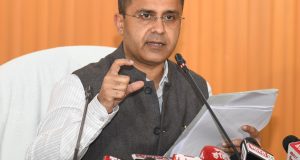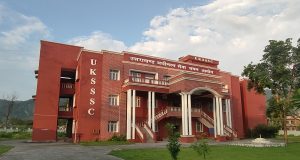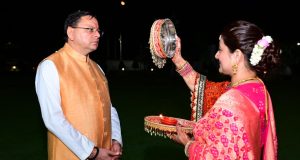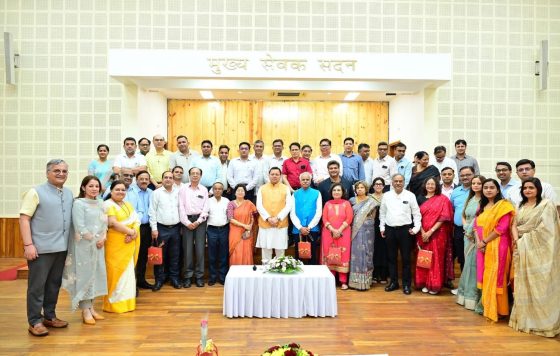Dr SK Varun
Fasting during Ramadan is one of the five pillars of Islam and commemorates the time when the Holy Quran was revealed to Muhammad. The month-long (29–30 day) fast is obligatory for all healthy Muslims who have reached puberty, and is a time for spiritual contemplation and seeking nearness to God. Followers must refrain from eating and drinking between dawn and sunset, and must also abstain from using oral medications, sexual activity and smoking. It is believed that spiritual rewards for good deeds are multiplied during Ramadan, and there is an intense desire to participate in fasting, even among those who could seek exemption, such as the elderly, children, the infirm, and pregnant women. the duration of daylight fasting varies according to the time of year in which Ramadan falls. In some parts of the world, daylight can be as long as 20 hours in the peak of summer. Climate conditions also vary according to the date of Ramadan, with people fasting in very dry and hot weather some years and cold temperatures in others.
In 2015, the number of people living with diabetes globally was estimated to be 415 million, with a 55% rise expected by 2040 . The number of patients with diabetes in the Middle East and Africa – a region where a high proportion of inhabitants are Muslim – is predicted to more than double by 2040. A similar increase is expected in South East Asia, another area where Islam predominates Fasting during Ramadan has a number of physiological effects on both homeostatic and endocrine processes. In patients with diabetes, these changes and the type of medication being taken to treat the condition can be associated with the development of complications such as hypoglycaemia and hyperglycaemia [5]. Ramadan fasting not only alters the timings of meals but it may also disturb sleeping patterns and circadian rhythms, all of which can affect a person’s metabolic state. Understanding these changes can help with the management of diabetes during Ramadan. Because of the metabolic nature of the disease, patients with diabetes are at particular risk of complications from marked changes in food and fluid intake. Potential health hazards include hypoglycaemia, hyperglycaemia, dehydration and acute metabolic complications such as diabetic ketoacidosis (DKA). Ramadan fasting can be associated with favourable physiological changes among healthy individuals, such as decreased body weight and favourable changes in lipid profile.
in patients with severe insulin deficiency prolong fasting cause ketoacidosis. the length of fast during Ramadan may vary among community from different region since the duration of fast is defined from sunrise to sunset. food intake occurs mainly in two major meals iftar in the evening and shiyori in the morning .it is believed that larger than usual food intake occurs after sunset in this fast. this may attributed to higher consumption of fat and infrequent larger meal.
inclusion of slowly absorbing food i.e. while wheat chapptis and dal or pittha bread just before starting fast should be encouraged in shiyori. this type of food help feeling of fullness and keep the blood sugar level more even during the course of fast. Fruits vegetables and salad should also be included. Overeating at one time should be avoided. While breaking the fast small quantity of sugary and fatty food should be taken less oil should be used in cooking food. Low fat dairy and nut like almond ,walnut, and pistachio nut should be included. Low glycemic fruits i.e. one apple .one orange, one guava, 200 gm papaya, 200gm watermelon or muskmelon, raspberries, jamun can be included. intake of red meat i.e. mutton should be discouraged. Consumption of lean meat like chicken and fish to be kept within 400 to 500gm per week. medicines should be adjusted according to your meal pattern with the help of your diabetes specialist.
 Dainik Nation News Portal
Dainik Nation News Portal




